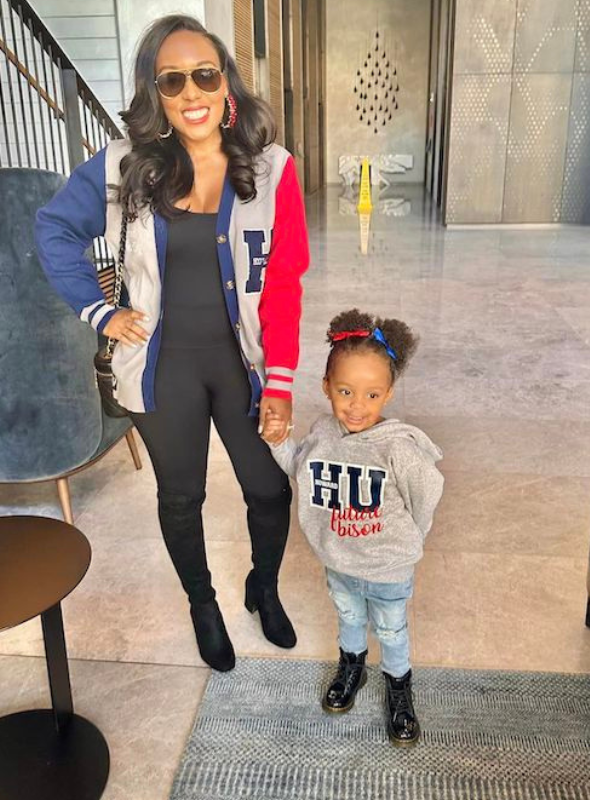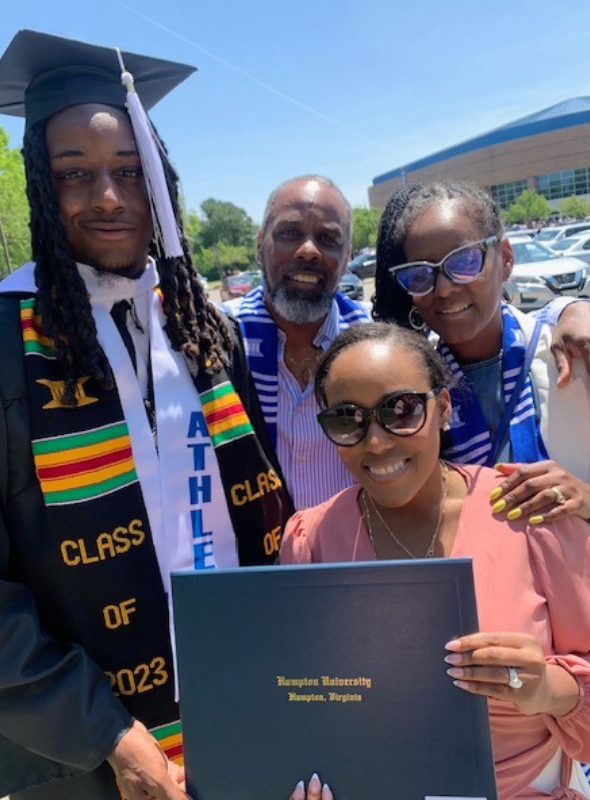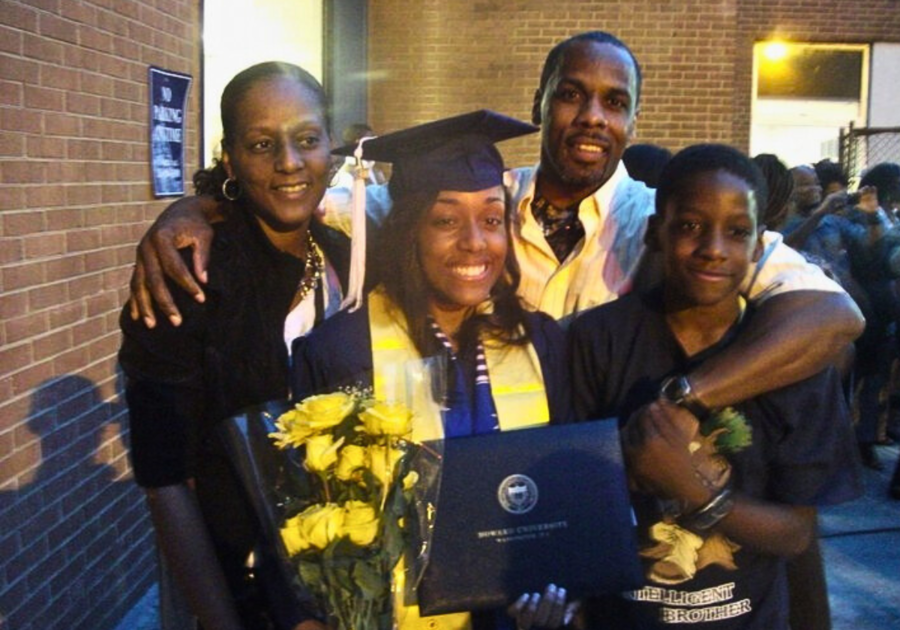One of the most transformative experiences in my life unfolded within the hallowed halls of a historically Black university.
My journey at Howard University in Washington, D.C., not only nurtured my academic growth but also introduced me to a remarkable community of students and alumni. It equipped me with invaluable life skills, empowering me to confront and conquer any challenge life might present. The picture above is of me with my family on my graduation day.
In high school, the topic of HBCUs — Historically Black Colleges and Universities — was seldom discussed, and the prevailing sentiment often unfairly portrayed these institutions as less reputable. Luckily, I was fortunate to have a few wise mentors who enlightened me about the immense value of HBCUs. As an African American young woman, I discovered that these schools provided the perfect environment for me to evolve into the driven, ambitious individual I am today, all while fostering a robust and supportive network.
 |
Natasha and her daughter at a Howard University homecoming.
As parents, we all want the best opportunities for our children's education. While choosing the right college or university can be a daunting task, I think it's essential to consider the unique and enriching experiences that HBCUs offer.
As it's Black History Month, it's a good time to explore the significance of HBCUs and why they continue to play a vital role in shaping the future of countless students.
What Are HBCUs?
Historically Black Colleges and Universities, or HBCUs, are higher education institutions established before the Civil Rights Act of 1964 with the primary mission of serving the African American community. These institutions have a rich history and a profound impact on education, culture, and civil rights. There are 107 accredited HBCUs across the United States. Each has its own unique strengths and contributions.
The Importance of HBCUs
- Historical Significance: HBCUs emerged during a time when opportunities for African American education were limited due to segregation and racial discrimination. These colleges and universities became beacons of hope, offering access to higher education for African American students.
- Academic Excellence: HBCUs are renowned for their commitment to academic excellence. Graduates from these institutions have made significant contributions to various fields, from politics and civil rights to science, technology, and the arts.
- Cultural Enrichment: HBCUs celebrate African American culture, heritage, and identity. They provide a supportive environment for students to explore their roots, instilling a sense of pride and self-awareness.
- Leadership Development: HBCUs prioritize leadership development, community engagement, and mentorship programs. Graduates often emerge as confident, empowered leaders, ready to excel in their chosen careers.
Explore HBCUs Across America
If you're interested in learning more about HBCUs or considering them as potential options for your child's education, you can explore a comprehensive list of HBCUs here. This list provides information about each institution, including their location and website, making it easier for you to research and connect with them.
 |
Natasha and her family at her brother's graduation from Hampton University, an accredited HBCU and one of the best colleges in Virginia.
Supporting the Legacy of HBCUs
During Black History Month and throughout the year, it's essential to recognize and support HBCUs. Consider visiting campuses, attending events, or donating to scholarship funds that empower future generations of African American leaders.
Historically Black Colleges and Universities have played a pivotal role in advancing education, equality, and civil rights in America. Their legacy continues to shape the future by providing an inclusive and empowering educational experience for students of all backgrounds, just as I found in my time at Howard University. I invite you to embrace the rich history and ongoing contributions of HBCUs, and encourage your children to explore the opportunities they offer.
Natasha Bethea Goodwin is the publisher of Macaroni KID District Heights, Md.



